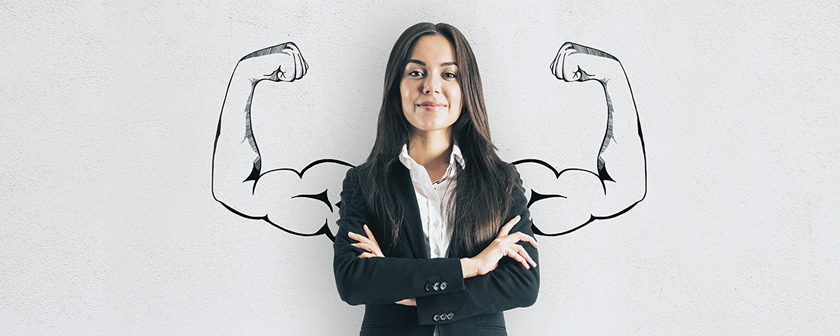Building our mental resilience

The mental resilience as a concept comes from the Latin word resilio , which means " to bounce back" to "recoil ".
Resilience is related to the process of adaptation, to the management of traumatic or stressful events, to the treatment of an illness (chronic or not) , to the management of a difficult situation.
Actually not regard only to manage stress but basically relates to building a culture , a philosophy in which the individual based on the self-esteem of trying to create mechanisms and strategies to deal with the stressful events of life.
Mental resilience refers to a dynamic process that involves positive adjustment in the face of significant adversity and is related to factors such as:
- Self-control
- The use of humor and self-sarcasm
- Confidence in the abilities of the individual
- The feeling that the person belongs to a whole and feels safe there
- Relationships of trust and the existence of people that the person feels can be supported
At the same time, there are factors that affect mental resilience, including abuse, traumatic events, lack of cohesion within the family, domestic violence , unpredictable events that the person feels out of control, such as the coronavirus .
Research on mental resilience and survival in extreme conditions began with concentration camps and the different reactions and strategies people used to support their physical and mental survival.
In an effort to strengthen our mental resilience, the following could help:
- Managing our thoughts and breaking a vicious circle
- Enhancing physical health, through ways such as gymnastics, careful diet ( in ways that the individual will feel more healthy bodily s and will have the feeling that the health care of, so it's worth)
- The existence of motivation
- Use of goal setting and corresponding positive individual reinforcement in achieving the goals
- Existence of allies, people that the person will trust and feel that he can rely on them (provoking a sense of security)
- The management of procrastination and perfectionism
- Building personal factors that enhance the existence of happy moments
From the mesogeios collaborator Psychologist Eleni Soltaridou
